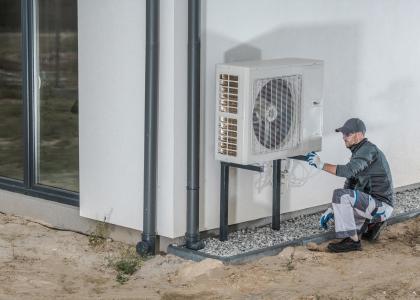Governments that are already “walking the walk” through energy efficiency efforts in their own operations, can expand their impact through adopting policies and administering programs to enable their citizens and businesses to improve their efficiency. The responsibilities of local governments give them large influence over energy use in their communities through land use and zoning, building requirements, property taxes and transfers, transportation investment decisions, economic and workforce development, and, in many cases, the provision of services such as water and electricity. The resources below, organized by end-use sector, touch on several strategies for local governments to encourage improved energy efficiency in their communities.
ACEEE Resources
General
- The Role of Local Actors as Energy Efficiency Implementation Partners: Case Studies and a Review of Trends – white paper [PDF]
- ACEEE Local Energy Efficiency Policy Toolkits – web list
- Local Energy Efficiency Policy Calculator (LEEP-C) – Excel-based decision-support tool
- Topic Page: Local and Community Initiatives
Buildings and Industry
- Combined Heat and Power Projects – web toolkit
- Residential energy use disclosure policy – web toolkit
- Topic pages: Building Codes, Combined Heat and Power, Multifamily homes
Transportation and Land Use
- Improving Travel Efficiency at the Local Level – report toolkit
- Topic pages: Fuel Economy, Green Vehicle Market


